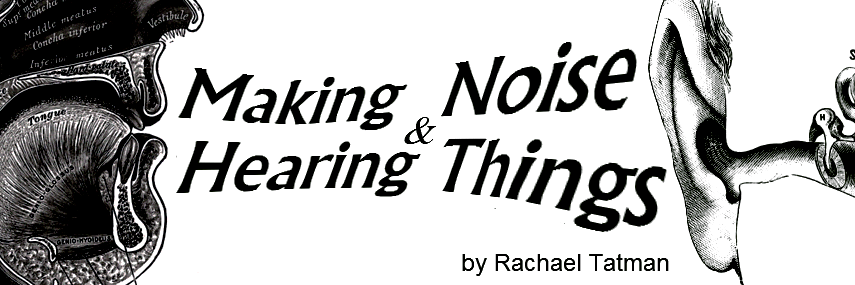Since I recently joined the Illumanati, I’ve been thinking a lot about subliminal messages. A “subliminal stimulus” is literally something that’s below–“sub”–your perceptual limit– “liminal”. So, linguistically speaking, it would be a word that was presented to you to be read but removed before you could actually read it. Or a sound that’s too soft for you to hear.

Well, if there’s one thing I’ve learned by studying linguistics, it’s that language is complex and that there are huge gaps between what we know and what we think we know about language–at least on an individual level. (I’ve also learned that I can’t count, becuase that’s definitely two things.) We all do things that we have no idea we’re doing, and so quickly and easily that they just slip below our notice. Linguistics is all about figuring out what those things are.
One of those things is priming. Basically, when you hear or read a word it gets “warm”, like how you leave a heat signature on your sheets after you get out of bed. And if, later, you’re looking for a similar word, you’re more likely to go back to your warm bed than another word you haven’t used lately. Of course, the effect fades over time, but it does fade very slowly. And priming effects are where you really see an effect of subliminal messages. (And, just to be clear, not really anywhere else… at least linguistically speaking. 🙂
For example, this study by Abrams, Klinger and Greewald found that, if participants had been exposed to a word earlier in their study, they were able to recognize it later when it was presented subliminally–but it only works really well when participants had not only read the word before, but had had to think about it some by assigning it to a category. So the effect isn’t really strong enough to, say, help you lose weight or stop smoking.
The fact that it exists at all, though, does tell us something interesting about the human brain and how it uses language. For example, is our ability to interpret stimuli that are degraded tied to the pressure to understand conversational speech, even in noisy environments? What does it mean that the effect is also present with visual stimuli? Like all sciences, linguistics is all about asking the right questions, and research on subliminal stimuli opens up a whole barrel-full of questions.

So priming part of the reason people, and by people I mean me, end up massively overusing a word for random periods of time? For instance Epic or derp?
Well, at least part of the reason. There’s also a lot of possible discourse reasons, like a certain word could apply to a lot of situations that there really isn’t another word for–like “derp”. And then there’s the social environment in which you use the word and the word’s connotations… I’d recommend “Slang & Sociability: In-Group Language Among College Students” for a deeper exploration. I read it before coming to college, so I can guarantee that you don’t need a lot of background to understand it.